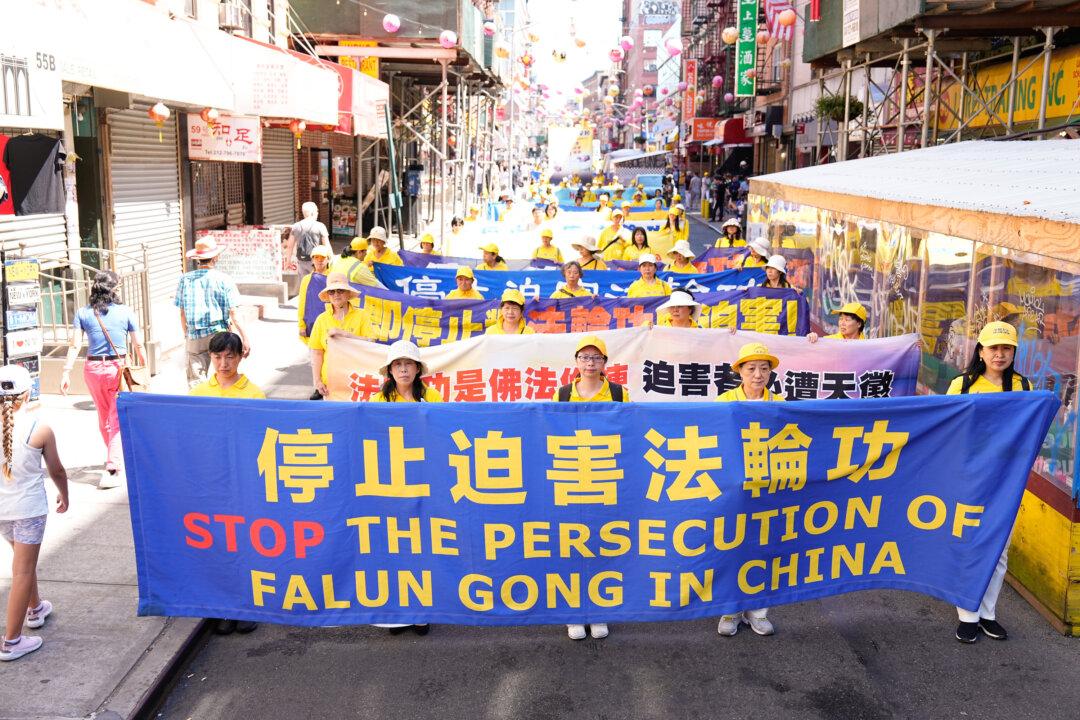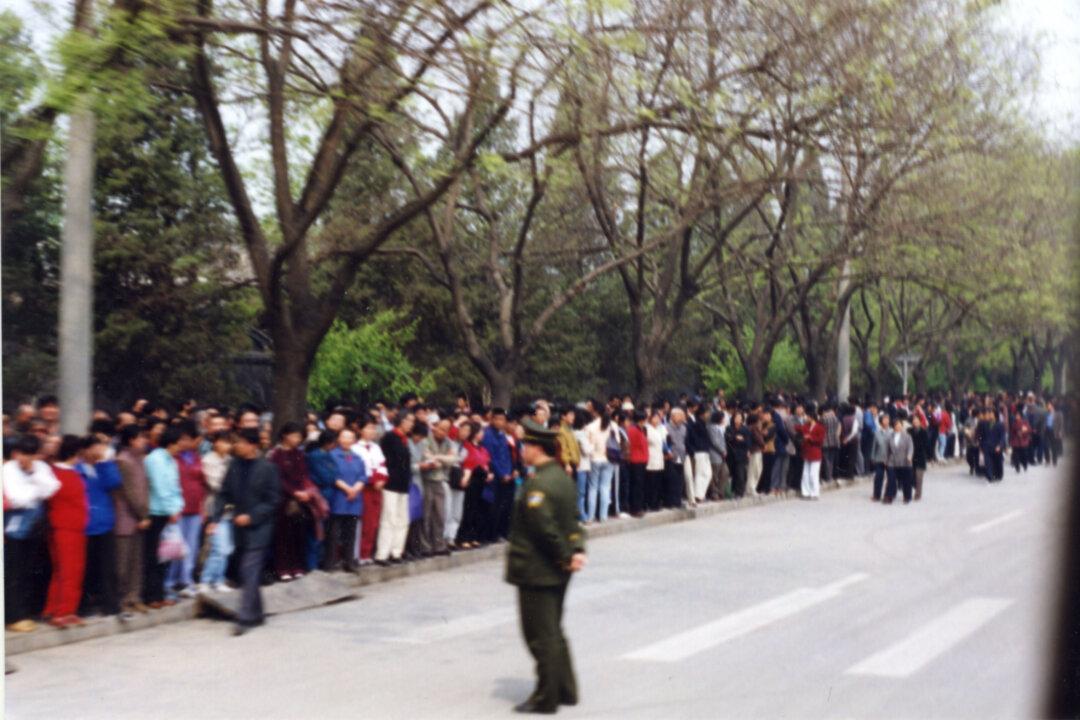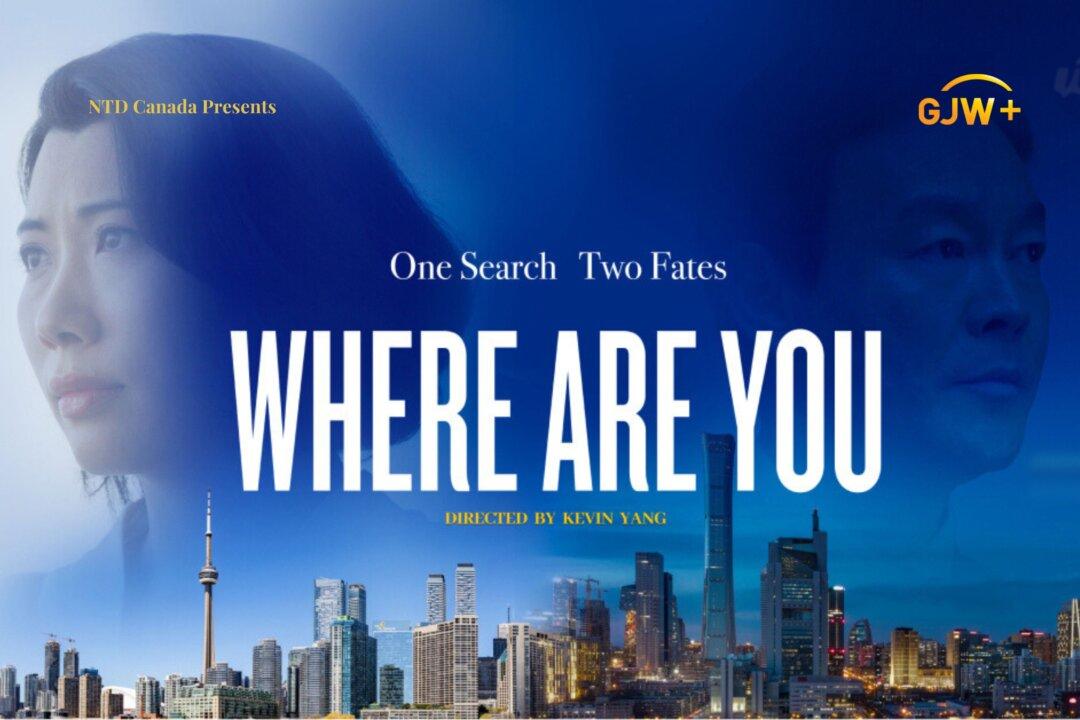Every year on July 20, there is a reminder that there is an ongoing persecution in the world. On that day in 1999, the Chinese Communist Party (CCP) set about trying to eliminate Falun Gong in China and all who practised it.
Falun Gong, also known as Falun Dafa, is an ancient Chinese spiritual practice consisting of simple, slow-moving meditation exercises and teachings based on the principles of truthfulness, compassion, and tolerance.
The Party’s state-controlled media blasted the public with anti-Falun Gong propaganda, while its feared security apparatus rounded up practitioners across China and detained them for “transformation through re-education.”
At that time, there was a lot of interest worldwide in trying to understand what was happening in China.
In September 1999, the CCP’s General Secretary Jiang Zemin visited Australia, followed by New Zealand for an APEC forum, spreading the Party’s propaganda to demonise Falun Gong.
By 2001, as China joined the World Trade Organisation (WTO), most Western nations sought the “carrot” of profit from trade with China.
The “stick” from the CCP was silence on its human rights atrocities.
Now 23 years later, China’s relations with Western democracies are different—yet also the same.
How Did the Persecution of Falun Gong Begin?
Some China-commentators say the CCP was shocked by the April 25, 1999 appeal of over 10,000 Chinese people in the streets around Zhongnanhai, for their right to practice the meditation and teachings of Falun Gong. Nope, that’s not it.At that time, Premier Zhu Rongji met practitioners and helped to resolve their concerns. It was then Party Leader Jiang Zemin, who had been against Falun Gong for several years, who used the Zhongnanhai appeal as an excuse to convince the Party to support his campaign.
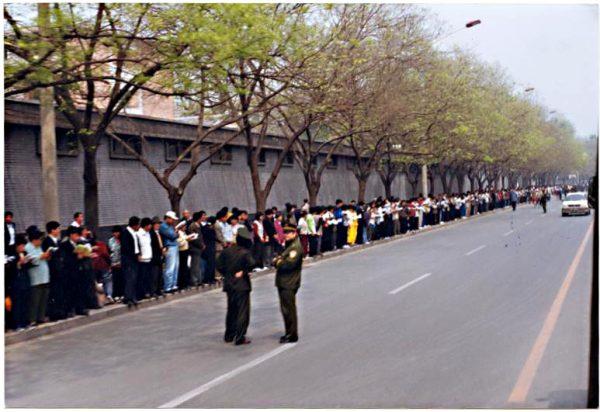
Nor was it because Falun Gong was political. The “political” tag was applied after practitioners appealed for their human rights as supposedly protected in the Chinese Constitution. For the CCP, appealing to safely practice meditation and not be tortured or killed is a political act.
Then why did the CCP crackdown on Falun Gong (also known as Falun Dafa)?
Because Falun Dafa’s traditional teachings can inspire people to seek goodness, be kind and honest. Jiang feared that a China full of good, kind, and honest people would follow their conscience and intelligence and not blindly follow the CCP’s godless ideology or its historic deceptions.
The Emergence of Falun Gong
After the Cultural Revolution ended in 1976, during the 1980s, Chinese people sought a reconnection with their traditional culture. The government permitted the public emergence of traditional qigong practices, as they were “Chinese” and not some foreign influence. In this climate, Falun Gong was introduced to the public in China in May 1992 by Mr. Li Hongzhi.But Falun Gong also represented a rediscovery of the old traditional Chinese culture found in the wisdom of Taoist and Buddhist teachings.
Falun Gong teaches truth, compassion, forbearance (Zhen 真, Shan 善, Ren 忍 in Chinese), are the underlying characteristic of the universe. As human beings, we are not just an isolated physical body. Human life is an opportunity to improve our moral character, and find the divine essence within, to know our connection to heaven and the universe.
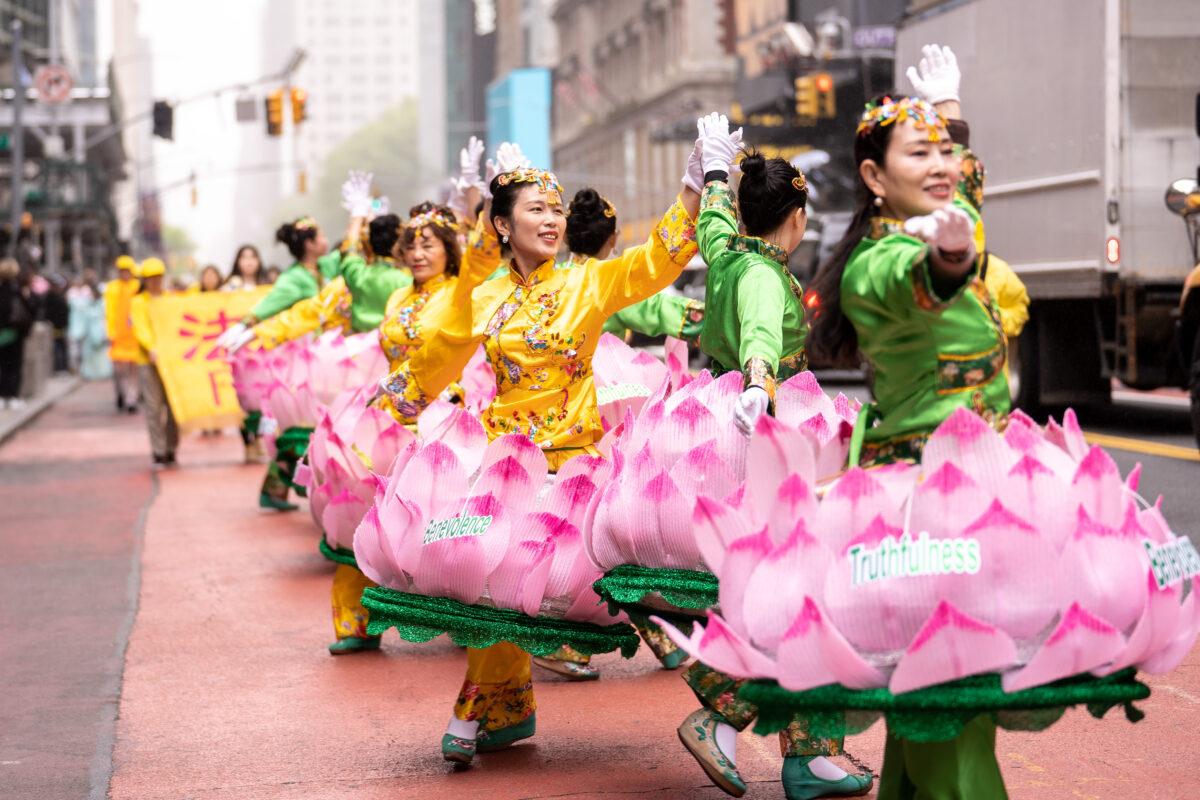
Wider Impact of the Persecution
When China joined the WTO in 2001, it was seen as a great opportunity by Western nations. But great opportunity can also come with great risks. Dealing with a CCP-controlled China is akin to dealing with a Mafia-like organisation.What values have been compromised, and what has been lost over the 23-year persecution of Falun Gong?
The persecution has presented a clear choice—to stand for justice, to protect goodness not only for practitioners in China but for all people of the world. The CCP is targeting everyone to conform to its view of the world where self-interest is placed above ethics, morality, values, conscience, and belief in God.
It is such a dangerous choice—to choose profit over virtue. This has been a foundation of Chinese culture dating back to Mencius and Confucius—to understand the ramifications of choosing benefit before virtue.
Why don’t they speak up? It is clearly understood what would happen after the invasion of Ukraine if Western democracies did not speak up and act. Yet it does not seem to be understood that silence on the persecution of Falun Gong has only emboldened the CCP.

A Choice
Over the past 20 years, the CCP has contributed to a political world dominated by economic and material interests where spirit, morals, and ethics have been subordinated rather than being correctly protected as the foundations of true human life.There has been an invasion of ideas almost subliminally accepted in the West, yet they have their genesis in communist thought. Many may know it as cancel-culture (cultural Marxism), critical race theory, woke ideology, and so on.
People who have experienced the CCP’s brutality and controls first-hand may recognise it as an infiltration of communist elements to subvert traditional culture and create a deviated modern culture that severs human beings’ ties to a merciful Creator.
Today, the Chinese regime expects other countries to adopt the principle of “mutual respect and mutual benefit,” or in other words, continued silence on the CCP’s human rights atrocities if you want to benefit from trade with China.
The choice facing the people of the world is the universal spirit of compassion or the universal evil of communism.
Ultimately, the justice bell tolls for all.
